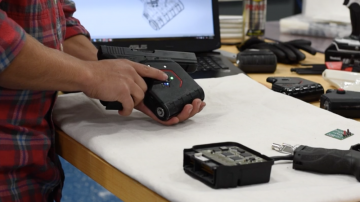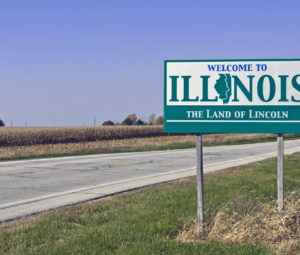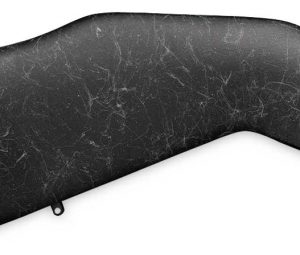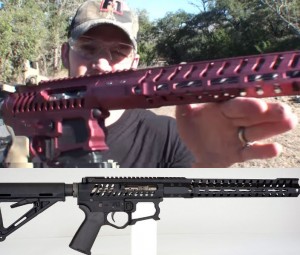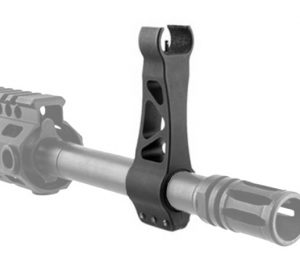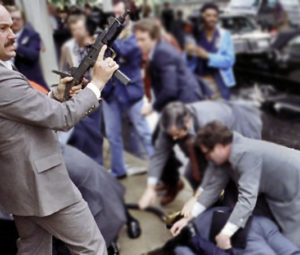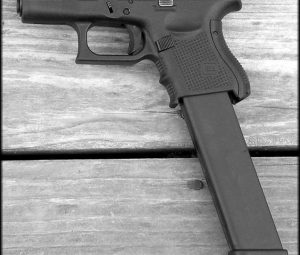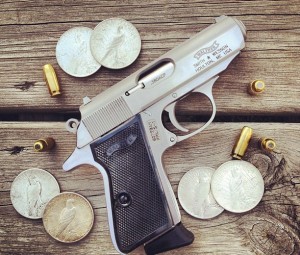Tips For First Time Gun Buyers
Gun buying tips for first time gun purchasers
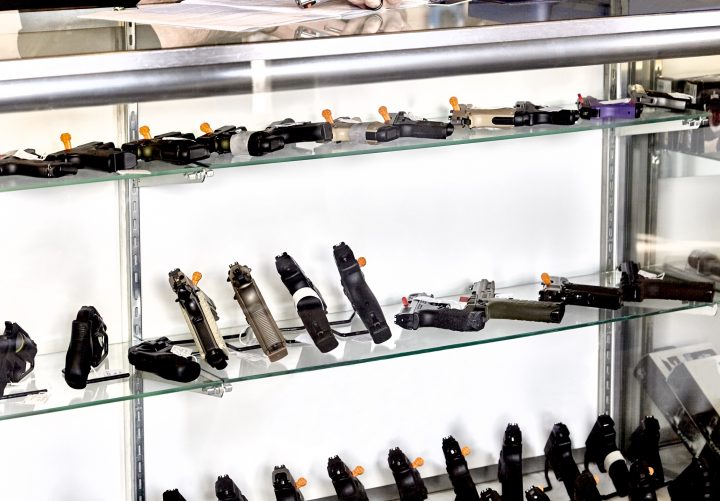
So you’re thinking of buying a gun? This article runs down some tips for first-time gun buyers that will help you plan for and think through your purchase. Once you decide on the type of gun you want, there are still other considerations that people without personal experience in building an arsenal might not think about.
What do you want the gun for?
This may seem obvious, but do you want a gun for personal protection? Or do you want a gun for hunting? If you want a gun for personal protection, do you want a gun to carry on your body or to stash at home in case of home invaders?
If you want a gun for hunting, think about whether you want a long gun (rifle or shotgun) or a handgun. Many game animals can be killed with a handgun, so there is the possibility that your weapon can be used for both. If you want a gun to carry on your body, check the laws in your state to be sure you understand whether your state allows concealed carry or open carry. A website called American Concealed has articles about what states are concealed carry versus open carry and other important considerations about carrying a weapon on a daily basis.
If you want a handgun for concealed carry, you will need to get a concealed carry permit as well as determine the right type of gun holster you want. The concealed carry permit class or training as well as the holster will add some additional expense to your overall budget. Many people make a mistake when they buy their first holster because they are not experienced enough to know what type of holster works for them. In addition, you may need to buy clothing that is more likely to conceal your new weapon and holster than what you currently wear on a daily basis.
Shop around for a good price.
The prices that gun shops and manufacturer websites vary widely, and sometimes there is a big price difference between two guns that are very similar in spec. Always check the manufacturer’s suggested retail price (MSRP) on the company website and compare that to the price you are being offered. Independent gun shops may be willing to negotiate with you on price and you have the option to buy locally and support a locally owned store. Sometimes, there is a high demand on a particular weapon, and if that’s the case, you’re likely to pay a high price no matter where you go. Also, keep in mind that shopping online for guns may not immediately reveal the full prices, such as shipping and transfer fees.
Be wary of knock-offs.
Guns are not a cheap purchase, so there are companies out there that make “knock-offs” that seem like they are high quality for a fraction of the price. If the company is not an immediately recognizable name, be sure to do your due dilligence and make sure they are a reputable company. Otherwise, you may end up with a gun that is poor quality material that may be more likely to crack or jam.
New or used?
Yes, you can get a great price n a used gun. In plenty of cases, people traded in good quality, highly functional guns simply because they wanted an upgrade. But in plenty of other cases, people traded in the gun because it jammed a lot or didn’t shoot accurately. Carefully weigh the pros and cons in your own mind of whether you want a manufacturer’s warranty or not.
Budget in for gear.
No matter what type of gun you buy, there are going to be additional expenses that will bring up the total price that you are paying. You will need some gun cleaning supplies. You will need ammunition. If you’re going to practice shooting your gun (which we definitely hope you will do!) you will need practice ammunition, a target range membership, and a gear bag. The gear bag should include your own hearing and eye protection and a pair of shooting gloves. You may want a laser sight or magazine extender so you don’t have to reload as often.
Know how to take your gun apart and clean it.
Semiautomatic handguns are harder to operate and trickier to take apart for cleaning than revolvers.
Always handle your gun before you buy it.
The temptation is there to find a great price online and buy your gun based on your research. Once you narrow down the gun you think you want, always physically handle it and shoot one if you can. People’s hands and arm strength vary so much you really can’t know if a gun is right for you unless you physically handle it. A grip that is too big or too small makes your arms weary. The controls may be too awkward to operate if your hands are large or small. You can often rent and try out different guns at a gun range before you make a purchase.
Budget for firearms training.
Shooting a gun, particularly if you want it for self-defense, requires a lot of physical and mental preparation. In a self-defense scenario, your adrenaline is running high and you may not physically or mentally respond the way you think you will. If you are unfamiliar with how to access your gun, how to load it and how to aim and fire quickly, that hesitation and loss of time may be a crucial mistake. We advocate regular training for all gun owners, whether they are new to gun ownership or not. Shooting your gun regularly, loading it, unloading it, aiming, and cleaning it builds your familiarity over time and that “muscle memory” is what may save your life when the time comes. Even if you think you just want your gun for hunting and you don’t plan on using it very often, still, go and train. Gun ownership is a serious responsibility. Plan to take some ongoing training classes or spend time at a shooting range on a regular basis.
Consider caliber size.
Refer to the first step, your intended use of the gun, to help you make this decision. There is no right or wrong answer and there are as many opinions about caliber size as there are gun owners. Consider the pros and cons carefully, and ask around to get expert advice that you trust to help you make this decision.
Hopefully these tips for first-time gun owners help you. Tell us in the comments what your first gun was and why. Did you end up regretting your decision or were you happy with it?



